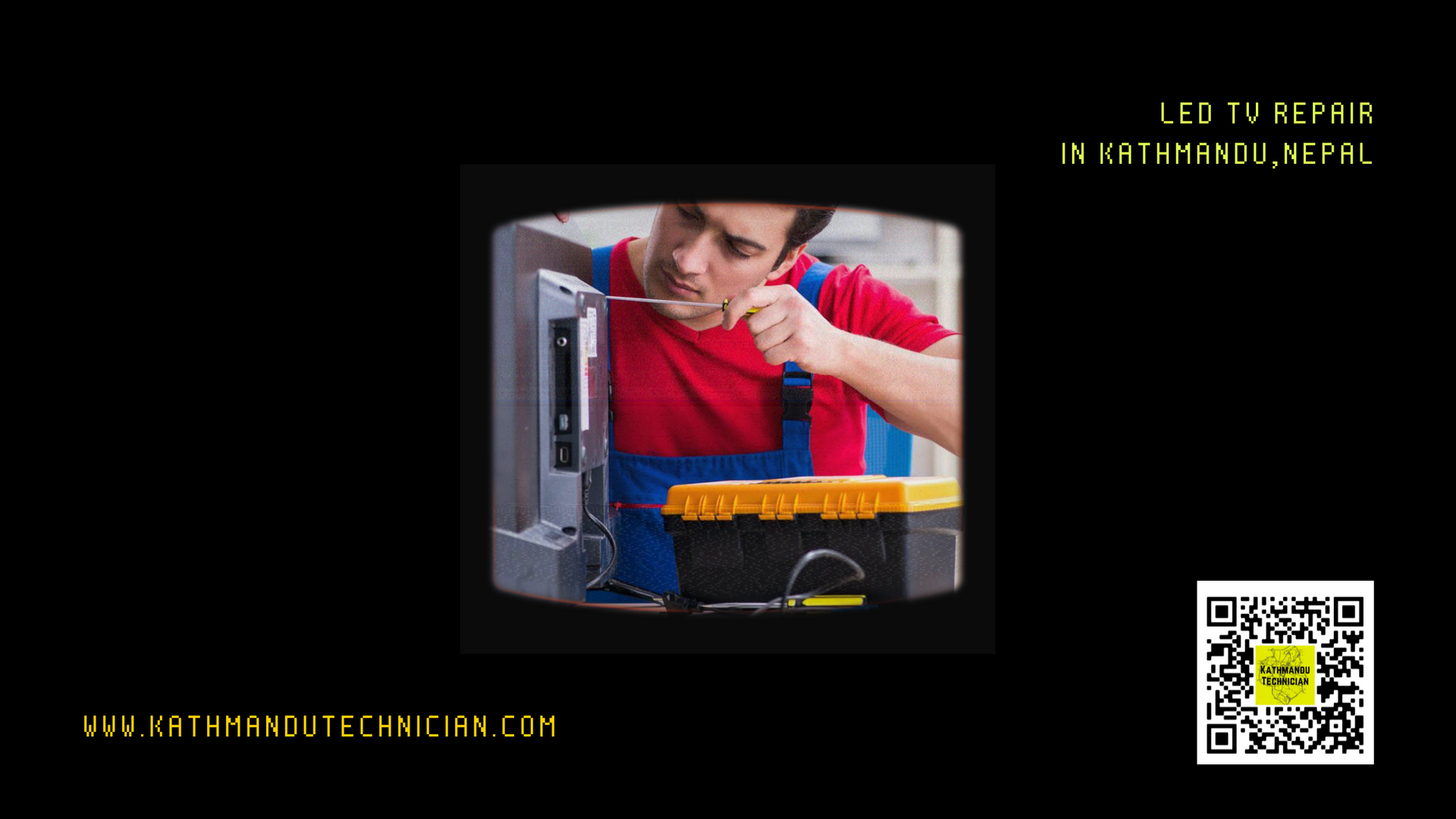Electric Future: Need for EV Technician Training in Nepal
Introduction, to Electric Vehicle (EV) Training in Nepal
As Nepal moves towards embracing an increased number of vehicles (EVs) on its roads there is a growing demand for technicians who can effectively maintain and repair these vehicles. The presence of designed EV training programs plays a role in equipping technicians with the necessary knowledge and practical skills to ensure the smooth operation of these sustainable vehicles. This article will delve into the significance of high-quality EV training in Nepal. How it can contribute to creating a more environmentally friendly future.
Given the escalating fuel prices and environmental concerns, EVs offer a more economically viable transportation alternative for Nepal. However, successfully integrating this emerging technology requires a workforce that's prepared to handle the intricacies associated with EV maintenance and repair. Comprehensive training programs that combine expertise with hands-on experience are essential, for cultivating these specialized skills.
Why is Proper Training Essential for Nepal's Emerging EV Industry?
As an increasing number of electric two-wheelers and four-wheelers hit Nepal's roads, the demand for skilled EV technicians will rise exponentially. Training programs equip technicians to:
- Understand the components of electric vehicles including motors, battery systems, and charging infrastructure
- Conduct routine maintenance and repairs on various EV models
- Troubleshoot complex performance issues
- Stay updated with the latest technology advancements in the rapidly evolving EV industry
Without robust training initiatives, Nepal risks facing a severe shortage of qualified professionals to service and maintain its fledgling EV fleet.
What Aspects Should Comprehensive Training Programs Cover?
Ideally, EV technician training courses in Nepal should cover both the theoretical and practical aspects across various systems including
The Intricacies of EV Technology
- Components like motors, controllers, battery management systems
- EV charging and infrastructure
- Safety when working with high-voltage systems
Hands-on Repair and Troubleshooting
- Routine maintenance procedures
- Inspection, testing, and repair of electronic and mechanical components
- Diagnosing and troubleshooting complex problems
- Best practices for EV repair
Real-World Challenges
- Common issues faced in the field and how to address them
- Working with various EV models from different manufacturers
- Interacting with customers and educating them on proper EV usage and maintenance
Who is Providing Specialized Training to Build Nepal's EV Workforce?
Several institutes and industry players in Nepal have recognized the need for skilled EV technicians and are offering comprehensive programs and facilities:
Kathmandu Technician
Kathmandu Technician, an automotive training institute based in Kathmandu, provides an intensive 2-month EV technician course. The training focuses on both electric two-wheelers and four-wheelers repair and maintenance. Facilities like fully-equipped garages enhance the practical learning experience.(In the process of opening)
Tata Motors
As a leading manufacturer, Tata Motors runs an Electric Vehicle Training Academy in India. They are expected to offer specialized courses in Nepal soon to equip technicians to service their growing EV lineup.
Online Courses
Many online platforms like Coursera also offer self-paced courses covering aspects of EV technology, operation, and repair. These can supplement technician training.
Partnerships between
training institutes and EV manufacturers will be key to ensuring the programs stay updated with the latest technology and industry practices. On-the-job training also provides invaluable hands-on experience to fresh graduates.

What is the Future Outlook for Nepal's EV Industry?
Nepal is expected to see tremendous growth in the EV sector in the coming decade. Here are some projections:
- Over 50% annual growth in the EV market starting 2025 as per the Alternative Energy Promotion Centre
- EV policies targeting 20% private transport electrification by 2030
- Continued decrease in prices as technology matures further
- Nationwide enhancement of charging infrastructure to facilitate widespread accessibility and convenience for electric vehicle users.
Catering to this rapidly rising demand requires an exponentially larger pool of skilled EV technicians, repair shops, and other support services.
Why Should Young Technicians Consider Specializing in EVs in Nepal?
Pursuing this as a career opens up tremendous opportunities in Nepal's nascent industry:
- Great starting salaries and benefits in line with specialized skills
- Chance to work with cutting-edge technology alongside experts in the field
- Rapid career development as the industry scales exponentially
- Opportunities abroad as skilled Nepali EV technicians gain reputation
- Playing a part in environment conservation by promoting clean transport
As EV adoption rises worldwide, People trained in Nepal may also find global opportunities with manufacturers, private EV fleets, and service centers overseas.
EV Market in Nepal
As electric vehicles gain momentum globally, Nepal is fast recognizing and acting on the opportunities ahead. Beyond environmental and economic benefits, the transition to EVs presents substantial market prospects.
Nepal's fledgling EV industry already shows strong signals. Imports of electric vehicles, especially two-wheelers, have surged over 300% annually until recently. Government tax exemptions and loosening restrictions on foreign EV investments further enable growth potential.
Several international automakers, including Mahindra, Tata Motors, BYD, and Hyundai have now established assembly facilities with Nepal-specific EV models. Local firms are also joining the movement; Safa Tempos plans to unveil Nepal's first electric minibus within two years.
Supporting industries are keeping pace. Private EV charging point installations have multiplied, though mostly in major metros so far.
Construction is also underway on Nepal's first dedicated solar power plant purpose-built to charge EVs. Once completed, the sprawling 100MW facility aims to charge up to 300,000 vehicles daily.
Positive market outlooks forecast Nepal’s EV usage to grow six-fold within this decade. Overall, Nepal is progressing firmly from a fledgling curiosity toward an established EV market. The opportunities span across manufacturing, charging infrastructure, public transit, maintenance, and even emerging segments like battery repurposing.
Nepal’s promising EV ecosystem offers young workers and entrepreneurs early mover advantages. By skillfully navigating the transitions ahead, they stand to reap outsized rewards for their communities and careers. The open road ahead beckons.
Conclusion - Training is Imperative for a Sustainable EV Future
Comprehensive training programs that combine theoretical knowledge with extensive hands-on experience will equip Nepal's workforce with the specialized skills needed to support the country's shift towards electric mobility.
Such initiatives play a crucial role in the large-scale adoption of EVs, which provide clean and efficient transportation, aligning perfectly with Nepal’s sustainable development goals.
By investing in skilled human capital today, Nepal can build both environmentally and economically sustainable systems to serve the mobility needs of tomorrow.
Here are the key takeaways:
- Quality EV technician training is vital for Nepal's emerging industry as adoption rises
- Programs must deliver both theoretical knowledge and practical hands-on skills
- Public-private partnerships are important to ensure training is relevant and up-to-date
- Immense future demand provides great opportunities for skilled EV technicians in Nepal
- Developing expertise today paves the way for Nepal's sustainable transport future
So comprehensive training targeted at developing a qualified EV workforce is imperative for the widespread adoption of electric vehicles across the country.
FAQs
You might also like


